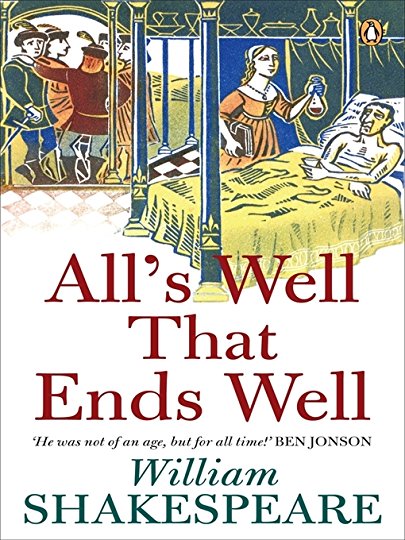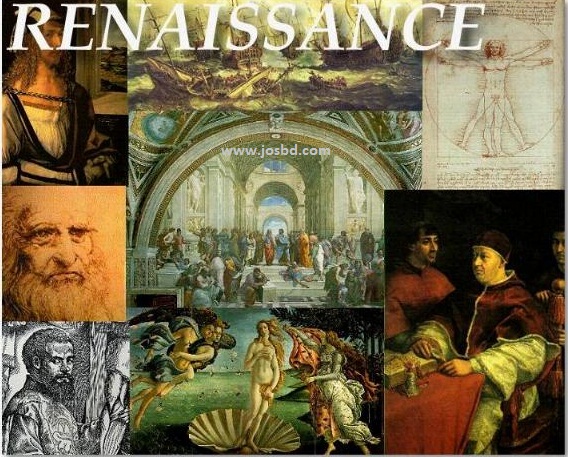Discuss the generational differences in All’s Well That Ends Well
Few of Shakespeare’s works offer such a sharp contrast between two generations. The older characters in the play are haunted by death–the Countess has lost a husband and is aging herself; Helena’s father has passed away; Lafew is infirm; Diana’s mother is, appropriately enough, a Widow; and the King is near death as the play […]
Discuss the generational differences in All’s Well That Ends Well Read More »









